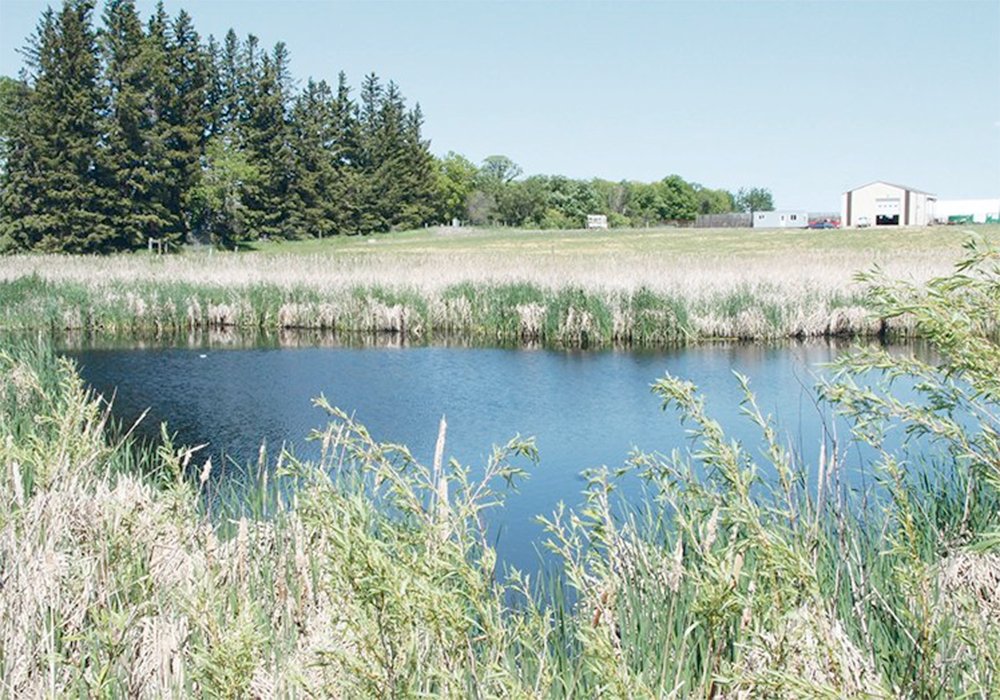Four large agricultural companies are joining forces on a water management project in Manitoba.
Nutrien, General Mills, Simplot and BASF are part of a pilot project, announced early February. The idea is to improve water quality and quantity on the eastern Prairies, by altering land, water and nutrient management on Manitoba farms.
The initiative, called the Lake Winnipeg Water Stewardship Project, will be tested with producers who farm in two different watersheds — the Seine Rat Roseau Watershed District in southeast Manitoba and the Redboine River Watershed in the central part of the province.
Read Also

Canadian Food Inspection Agency extends chronic wasting disease control program consultation deadline
Date extended for consultation period of changes to CWD program
“(This) is an innovative collaboration aimed at a more formalized approach to on-farm water stewardship, with the goal of improving some of the most pressing environmental and climate challenges in the Prairies,” says Mike Nemeth, senior adviser, agricultural and environmental sustainability with Nutrien.
Two non-profits, ALUS and The Water Council, came up with the idea for the pilot project and approached the corporations for support.
ALUS, formerly known as the Alternative Land Use Services, is a group that produces and maintains ecosystem services from agricultural lands. Their projects include wetland restoration, riparian buffers and shelterbelts.
The Water Council, based in Milwaukee, Wisconsin, works with partners on water quality and quantity challenges around the globe.
“By using innovative agricultural solutions and participating in stewardship programs like this one, farmers can improve plant health, yields, and food quality while also becoming more successful in sustainable water management and protection,” said Katja Rochacewich, stewardship manager with BASF.
In the first stage of the pilot project, a manager will help producers develop a water stewardship plan for their farm.
The plan will identify water-related risks and ways to reduce such risks. The pilot will run through 2023 and on-farm projects will continue for at least five years.
General Mills is already part of a similar project on the Prairies. Since 2019, General Mills has been working with about 45 farmers in Manitoba, North Dakota and Saskatchewan, studying ways to improve soil health and improve farm resiliency through regenerative agriculture.
Steven Rosenzweig, agriculture science lead with General Mills, says the Lake Winnipeg Water Stewardship Project builds upon its regenerative ag programs.
“Providing resources to help implement solutions will demonstrate how restoring water and nutrient cycling processes on farms benefits farmers and the network of ecosystems to which their farms are connected, including Lake Winnipeg.”
Contact robert.arnason@producer.com
















